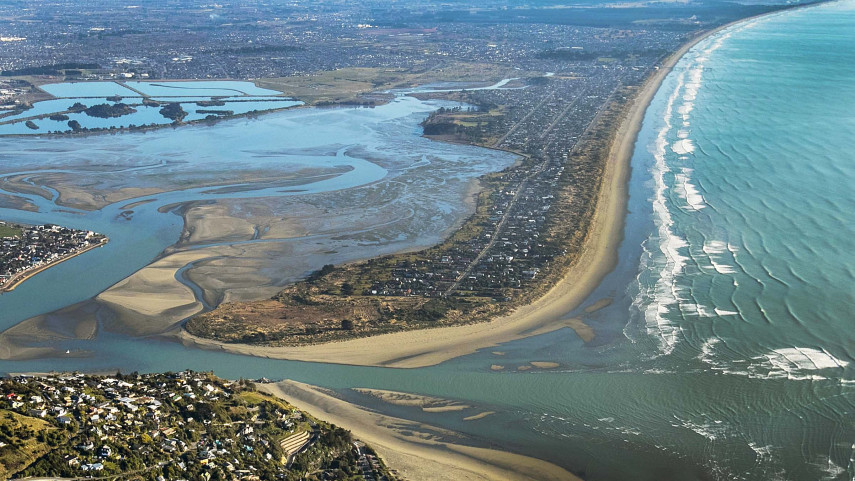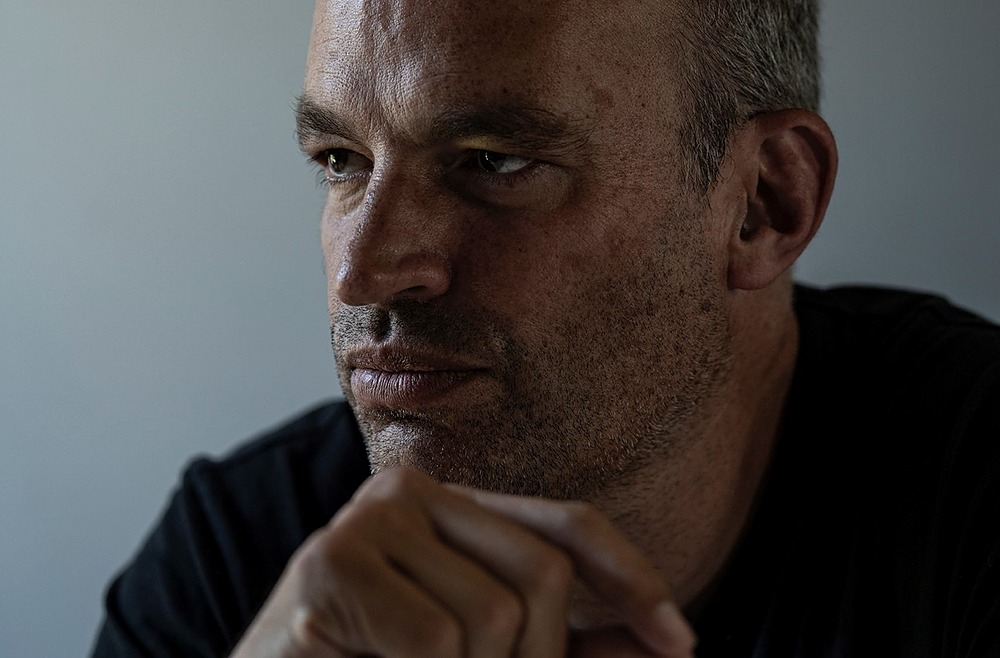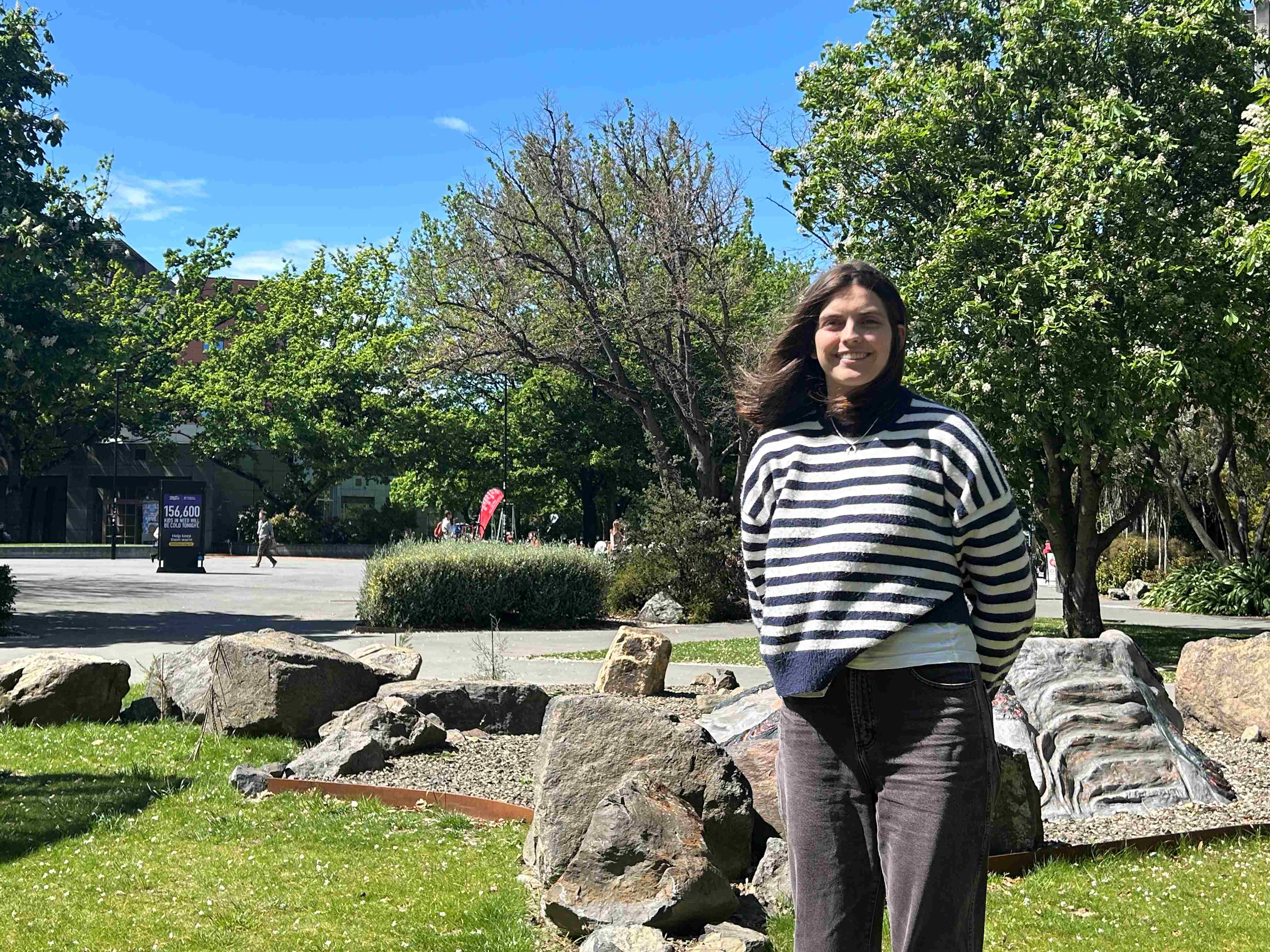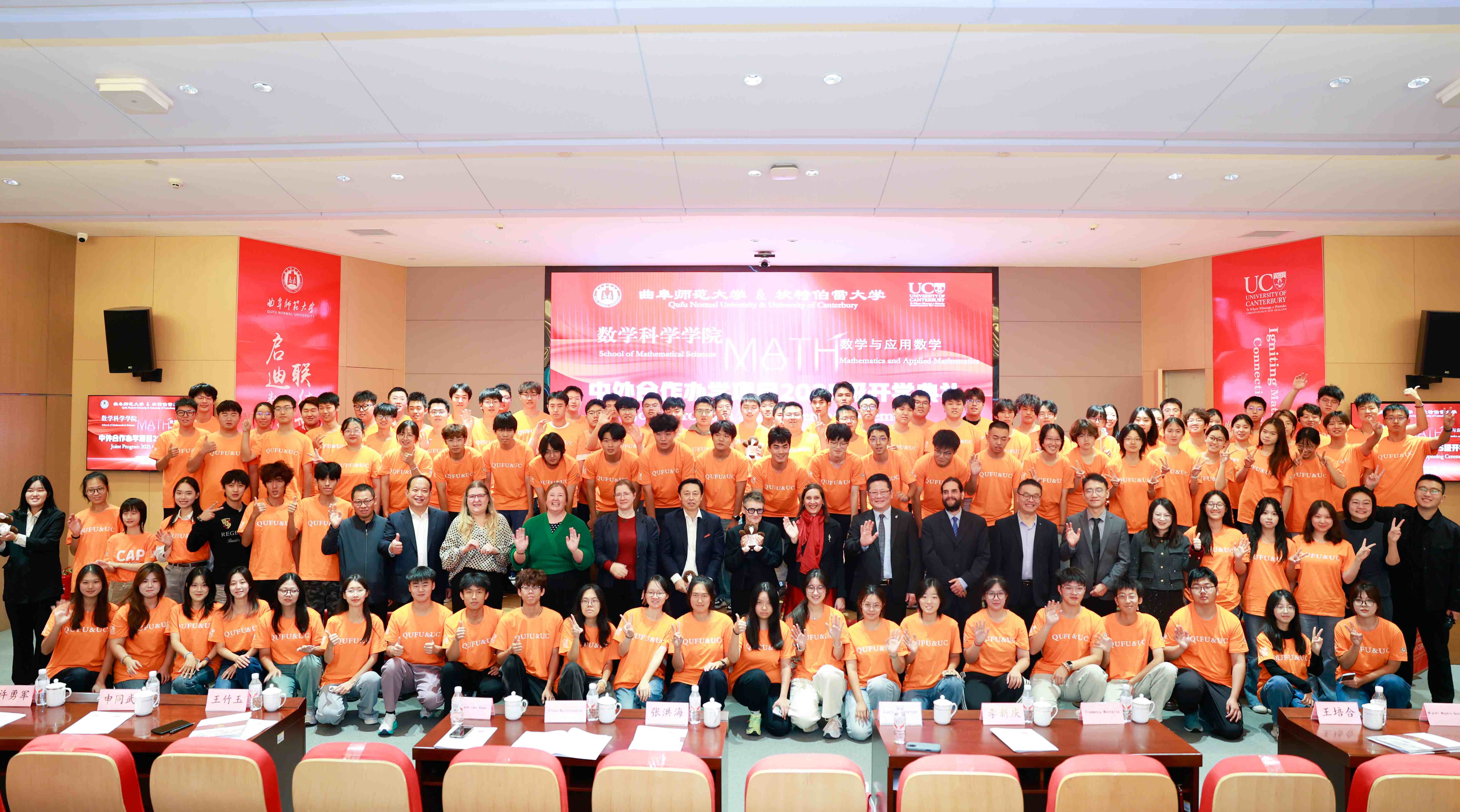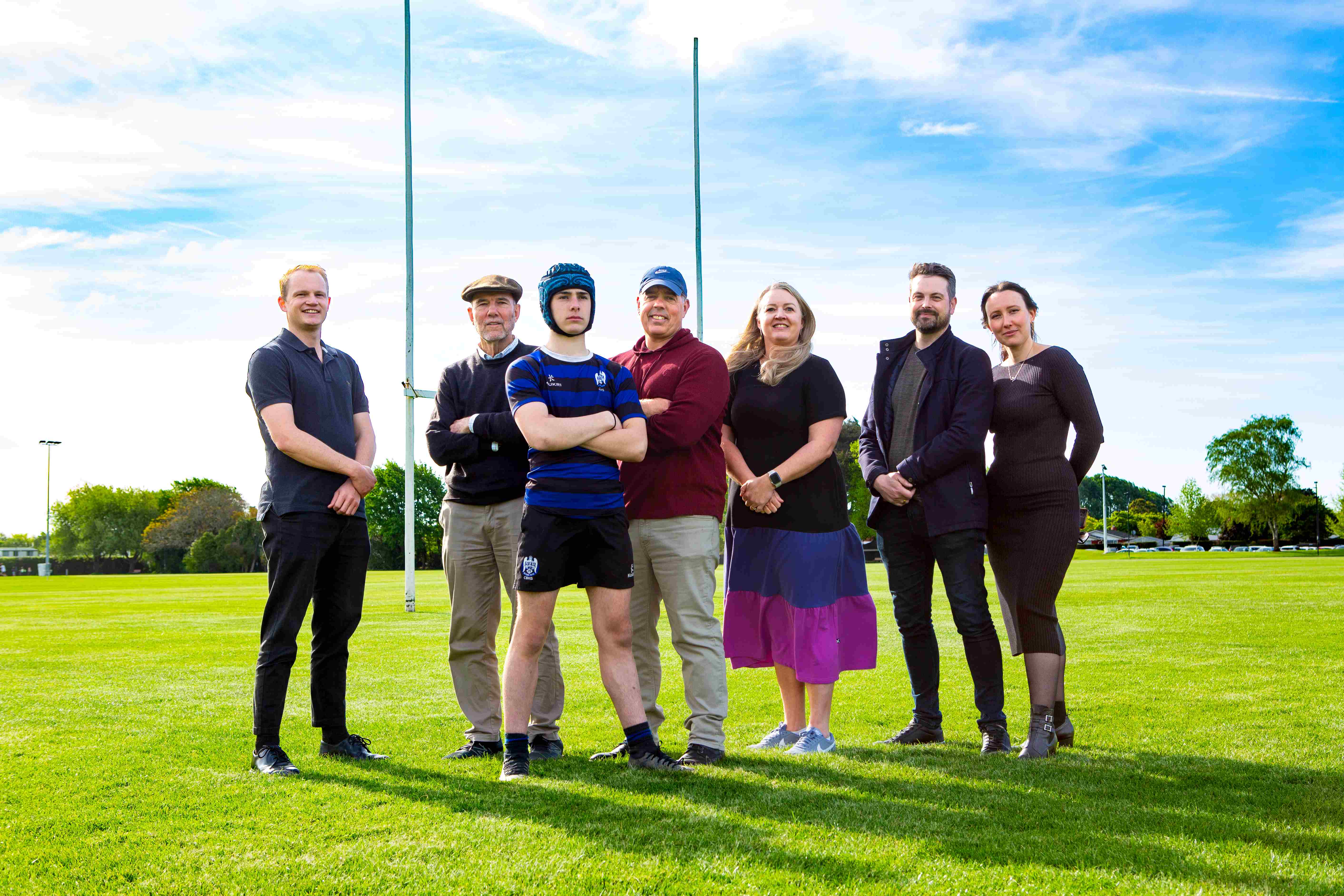Photo caption: IIT-Delhi India-New Zealand Centre Fellowships recipient Professor Clemency Montelle from the University of Canterbury.
A joint initiative between IIT-Delhi and eight New Zealand universities, the IIT-Delhi India-New Zealand Centre aims to bolster academic and cultural exchange between India and New Zealand through joint research in climate change, disaster management, urban planning, and environmental monitoring, areas important to both countries.
“The partnership is designed to build engagement between New Zealand universities and create opportunities for mutually beneficial research ties between our country and IIT-Delhi,” says UC School of Mathematics and Statistics Head of Department Professor Clemency Montelle.
Professor Montelle has been awarded an India-New Zealand Centre Fellowship along with UC Director of Geospatial Research Institute Professor Matthew Wilson.
Working alongside researchers in the Department of Civil Engineering at IIT-Delhi, Professor Montelle’s research aims to explore the mathematical and astronomical traditions of Indian knowledge systems and their connections to modern science and technology.
“Beyond the technical and the analytical, we see the rise and the importance of being culturally responsive in our teaching and our research.
“Indigenous communities have developed unique knowledge systems which are often deeply connected to the natural environment and their people. This broader holistic lens on scientific practices is crucial. Using Indigenous knowledge systems alongside modern approaches, we aim to create more culturally responsive and equitable implementation of emerging science and technology, modes of community engagement as well as introducing it into research and teaching to inform and shape policy and decision-making processes for both countries,” says Professor Montelle.
With a background in Sanskrit knowledge systems and her own experience of New Zealand Indigenous knowledge systems, Professor Montelle says the Fellowship plants the seed for long lasting relationships between the two countries.
“There is a commitment by the Indian Ministry of Education to incorporate the Indian knowledge system throughout education.
“This isn’t an alternative to modern science, but instead understanding how Indigenous knowledge systems can enrich our current approaches”, says Professor Montelle.
UC’s other Fellowship recipient, Professor Matthew Wilson will use geospatial data and analysis to quantify flood hazards and water resources in India and New Zealand.
Working alongside water resource researchers in the Department of Civil Engineering at IIT-Delhi, Professor Wilson’s research aims to contribute to the development of technologies for monitoring and mitigating water hazards.
“This is an excellent opportunity to share expertise and establish collaborative research between IIT-Delhi and the University of Canterbury within the digital twin technologies for the good of humanity, and remote sensing for water resources and other critical targets, says Professor Wilson.
India’s co-leadership of the NASA_ISRO Sar Mission (NISAR) satellite mission, alongside NASA provides new opportunities for this collaboration.
“The satellite is planned to launch in late March from the Satish Dhawan Space Centre in southern India. With all-weather and day-night capability, NISAR data will provide valuable information for assessing flood risk and water resources.
“It will be exciting to analyse these data alongside colleagues at IIT-Delhi”, says Professor Wilson. “By using these data within digital twin technology, we can obtain rapid estimates of areas impacted by flooding, leading to improved response and management.”
Support from the New Zealand government for the IIT-Delhi India-New Zealand Centre is part of New Zealand's commitment to India.
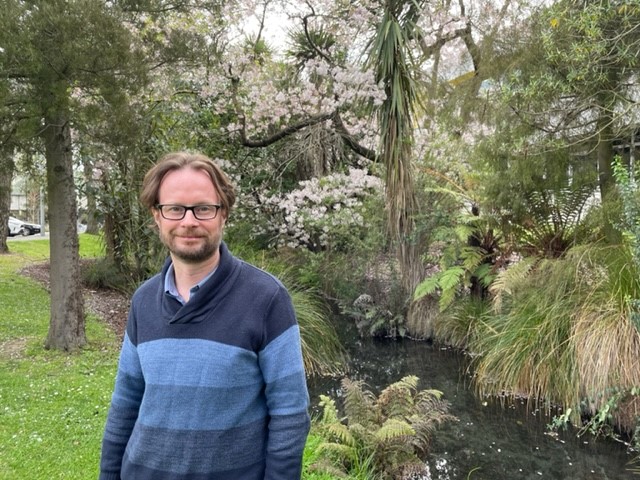 IIT-Delhi India-New Zealand Centre Fellowships recipient Professor Matthew Wilson from the University of Canterbury.
IIT-Delhi India-New Zealand Centre Fellowships recipient Professor Matthew Wilson from the University of Canterbury.
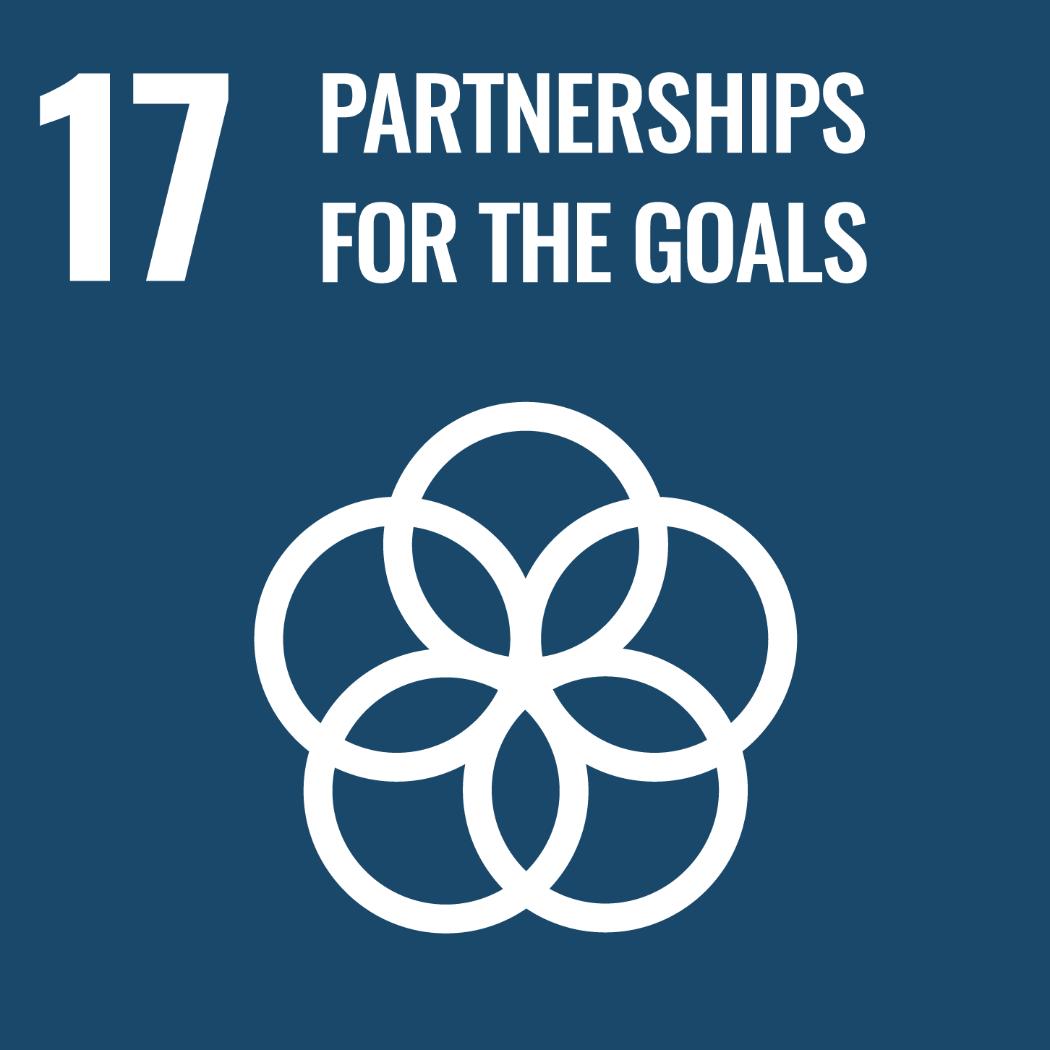 Sustainable Development Goal (SDG) 17 - Partnerships for the goals.
Sustainable Development Goal (SDG) 17 - Partnerships for the goals.


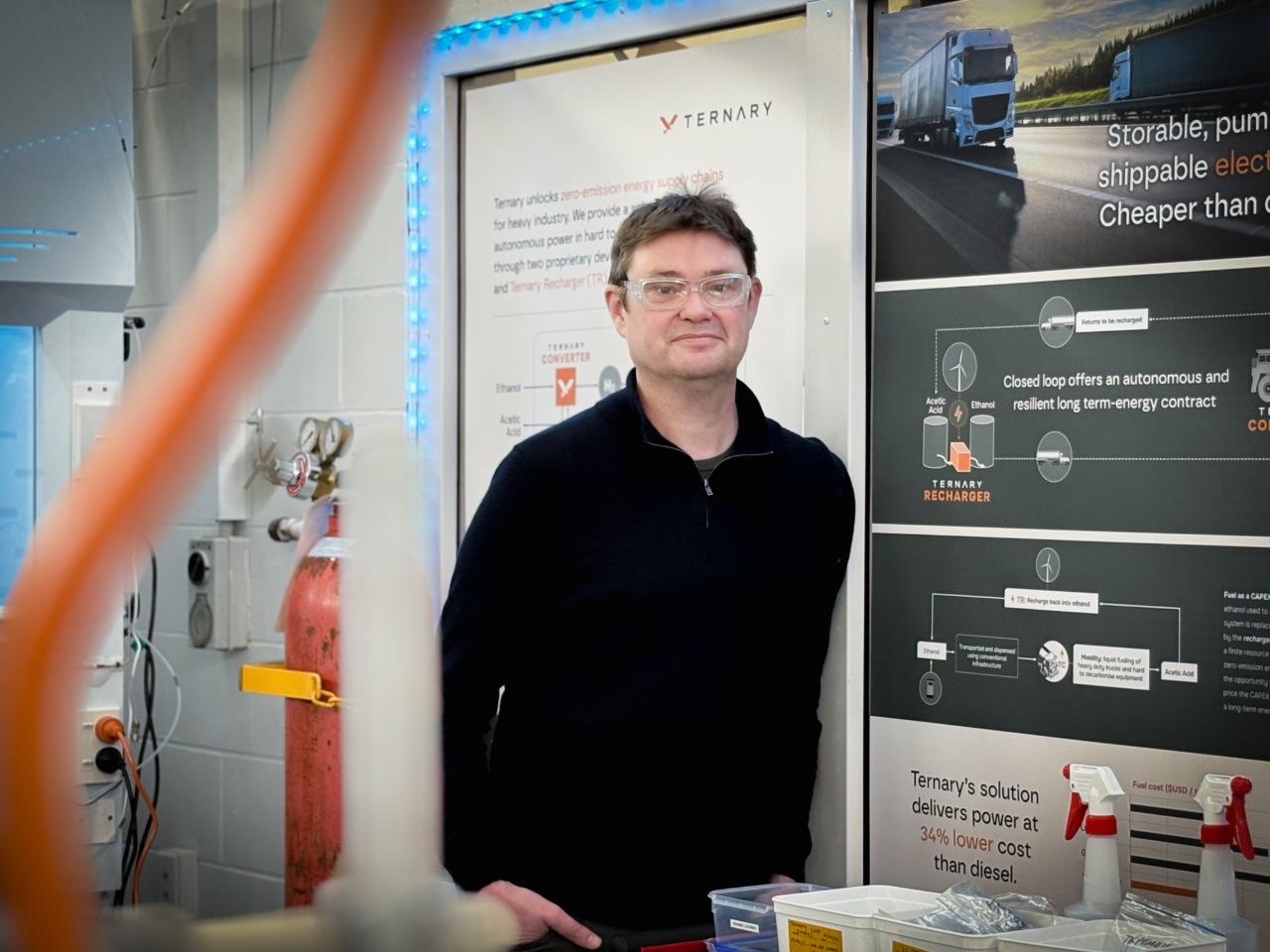
%20resized.jpg)

